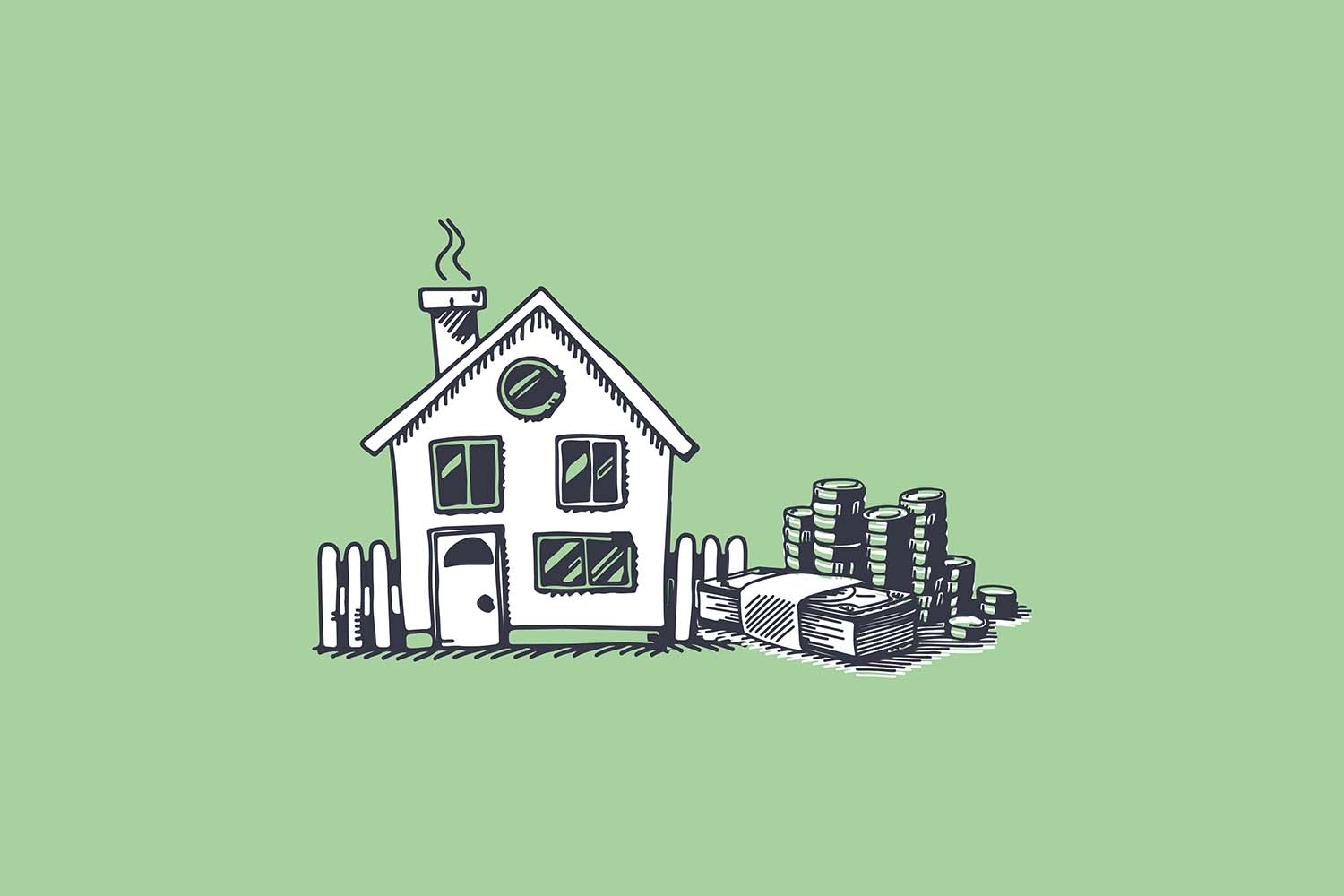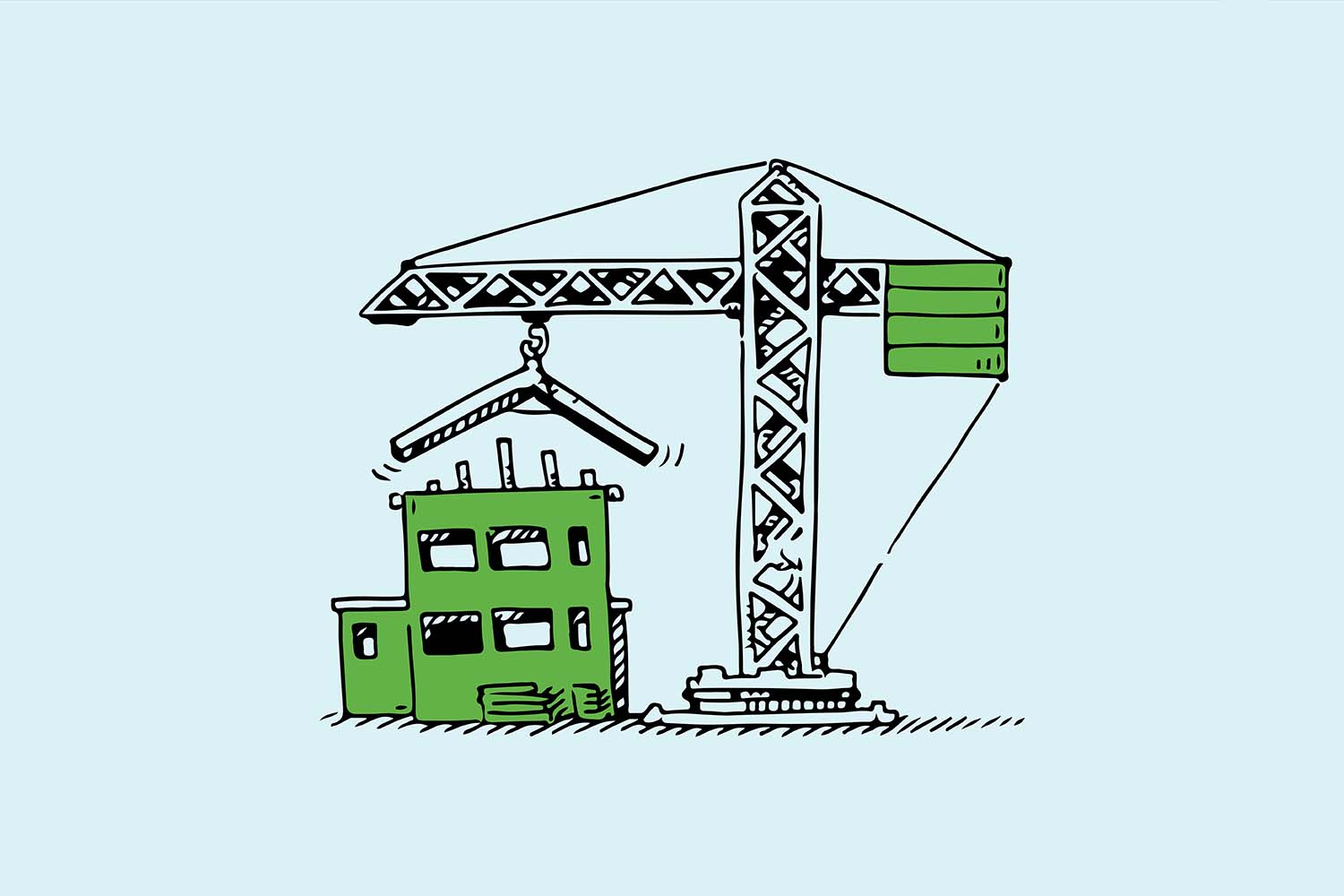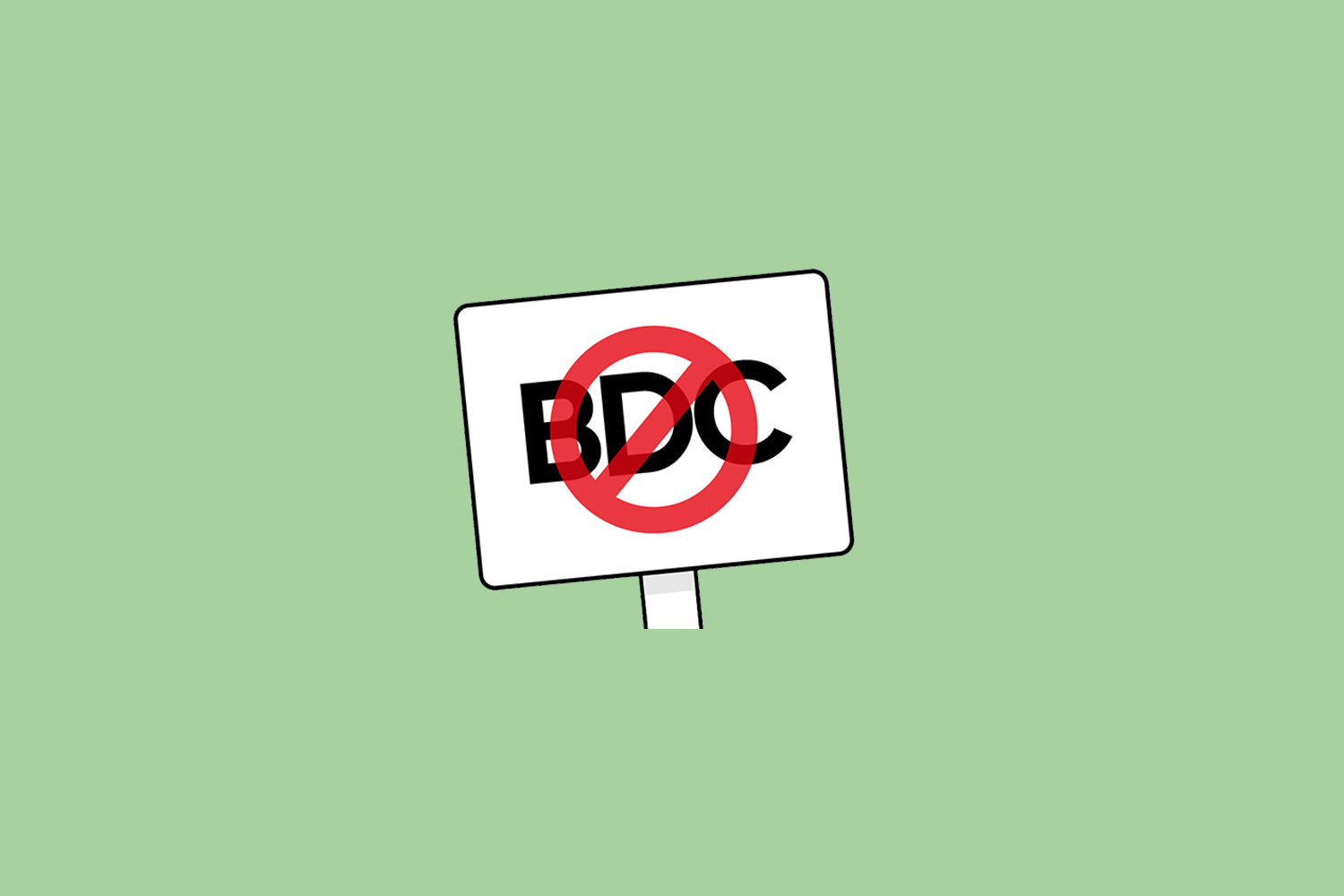The global economic landscape in 2022 has been colored with high inflation, rising interest rates, geopolitical tensions, supply chain disruptions etc. These economic issues are however not unique to 2022, they are spin-offs of the pandemic in 2020.
The global economy has struggled with high inflation and supply chain disruption since 2021. These headwinds have so far dictated investors’ sentiment and influenced the direction of financial markets.
We compare how different assets performed in 2021 and 2022.
The Stock Market
The US stock market as of June 2021 attained an all-time high and rose by 14.4%. The positive momentum in the US stock market came on the back of the high rate of vaccination against Covid-19 in the US in the first half of 2021. The first half of 2022 however tells a different story about the US stock market. Investors perceive rising interest rates as negative for the stock market and so there has been a selloff in the US stock market since the beginning of the year. The market as of the end of June 2022 had lost about 20%.
The Nigerian stock market, after being ranked the best stock market in the world in 2020, closed the first half of 2021 with a 5.9% loss. The loss came on the back of the exit of foreign investors from the Nigerian stock market. The first half of 2022 has however been positive for the stock market as it gained 21.3%.
Impressive full year 2020 and Q1 2022 financial results from listed companies together with increased participation of domestic investors in the market accounts for the positive momentum.
Dollar Funds
In the first half of 2021, the sub-Saharan Eurobond market enjoyed the attention of investors as the effect of Covid-19 on the market waned. Yields on dollar mutual funds ranged between 1% and 3% in that period. Negative investors’ sentiment however slipped into the market in the first half of 2022 as investors were in a risk-off mode and fears of some countries in the sub-Saharan region defaulting on their debt obligations heightened. The yield on Eurobonds in the first half of 2022 ranged between 0.5% and 4.9%.
Naira Bonds
Yields on fixed income assets remained relatively unchanged. Rates on 10-year FGN bonds stood at 12.5% in H1 2021 and H1 2022 respectively. The coupon on the FGN Savings Bond as of June 2021 was 8.9% for the 2-year bond and 9.9% for the 3-year bond. In June 2022, coupon on FGN Savings Bond was 8.2% and 9.2% for the 2-year and 3-year bonds respectively. Despite high inflation, the monetary authority and debt management office have kept rates on government debt instruments muted. Depressed government revenue and high debt-to-revenue ratio account for this.
Real Estate
Since the pandemic in 2020, the real estate market has been plagued with high cost of building materials given the continuous devaluation and the disruption of the global supply chain. This translated into a significant rise in rent and a low rate of project completion at due dates. This trend has continued into 2022 as the global supply chain remains disrupted and inflation is still a challenge. Rental yield on real estate properties has remained at an average of 5%.
What we expect in 2023
While some analysts have highlighted a possible recession in the global economy by the end of 2022, others have said we should expect stagflation (persistent high inflation combined with high unemployment and stagnant demand in a country's economy). Both of these economic outcomes are negative for financial markets.
Recessions are synonymous with stock market crashes. And so, we do not expect the stock market to have a stellar performance. Sectors like utility, energy and consumer staples do well in times of market downturn. Investors can take advantage of the downturn by accumulating stocks with strong fundamentals at low prices. A bear market is said to be a buyer’s daydream and a seller’s nightmare.
In Nigeria, 2023 is an election year and the economy tends to move in-line with the outcome of the election and the actions and inactions of the government in such years. The stock market may not be able to carry the positive momentum it started 2022 with into the rest of the year and into 2023. Investors tend to stay off the Nigerian stock market as the election approaches.
The country has been unable to translate high oil prices to an increase in its foreign exchange reserve. Despite the rise in oil prices since mid-2021, Nigeria’s foreign exchange reserve has declined to $39.1bn as at the end of June 2022 from $40bn at the beginning of the year. The decline is as a result of continuous oil theft, huge oil subsidy, and the CBN stance of defending the Naira. The new government in 2023 will have to decide on both subsidy removal and floating of the exchange rate to ease the pressure on government revenue.
This makes a case for assets denominated in strong currencies like the dollar as we do not see the pressure on the naira abating anytime soon. The foreign reserve has been projected to decline to $35bn by the end of 2022.
Though the challenges in the Nigerian real estate space will remain, real estate is one of the few assets that move in tandem with inflation. Rental yield may be low but real estate properties always appreciate. For those interested in investing in real estate outside Nigeria, high-interest rates are expected to push up the price of mortgages and in turn depress the demand and price of real estate properties. Thereby giving interested investors an opportunity to buy.
A major spin to all of these will be a decline in oil prices. This will depress inflation and improve investors' sentiment.
In all, you should not panic, rather understand that every economic cycle is an opportunity to accumulate wealth. Being able to identify the opportunities in each economic cycle positions one for wealth.




